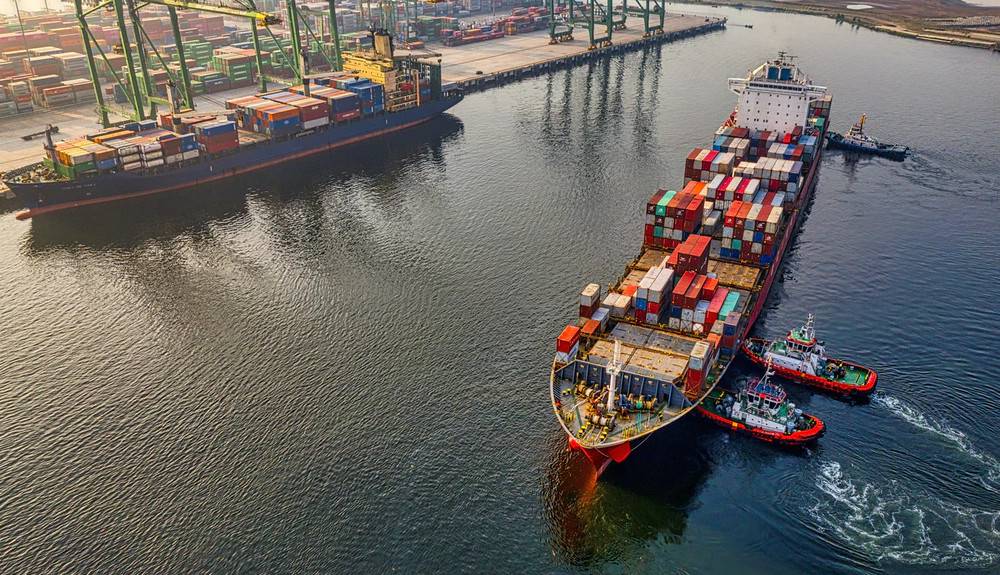The European Union (EU) has reached a preliminary agreement on decarbonizing the maritime sector as part of its ambitious plan to reduce emissions by 55% by 2030 with the use of shore power.
Moreover, the maritime sector accounts for about 13% of the EU’s greenhouse gas emissions and about 2.5% of global greenhouse gas emissions, and its contribution is expected to continue to grow due to the growth of global trade. The addition of the maritime sector to the ETS could encourage companies to reduce their emissions and invest in cleaner technologies. In particular, ships will be required to reduce the amount of greenhouse gases in the energy they consume by 80% by 2050 and use shore power.
However, if nothing is done, these emissions will increase further as the International Maritime Organization predicts a doubling of maritime freight flows by 2050. For this reason, the Council and the European Parliament have reached a preliminary agreement on the FuelEU Maritime text to decarbonize the maritime sector. The latter, which retains the main aspects of the European Commission’s proposal, aims to start aligning maritime transport with the EU’s climate objectives in 2030 and 2050. In particular, ships will have to reduce the amount of GHGs in the energy they consume by 6% from 2030 and by 80% from 2050. They are also encouraged to use renewable fuels of non-biological origin.
Shore power
This will involve passenger ships or container ships using shore power once they are berthed in major ports that have shore power by 2030 to 2035. The goal is to reduce air pollution in ports. According to Swedish Minister Andreas Carlson, “The agreement will ensure that fuel suppliers, ships and maritime operators will have sufficient time to adapt to the new conditions, so that the maritime sector will meet the climate targets.”
This preliminary agreement still needs to be approved by the European Parliament and EU member states before it becomes law, but it represents an important step towards decarbonizing the EU maritime sector.
Source : L’usine nouvelle


